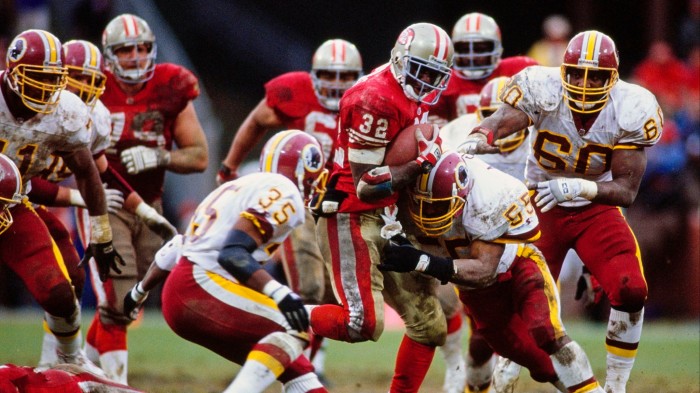Home / Business and Economy / Prediction Platforms Disrupt Traditional Financial Markets
Prediction Platforms Disrupt Traditional Financial Markets
11 Nov
Summary
- New prediction platforms like Kalshi and Polymarket avoid state-by-state licensing and charge lower fees
- Platforms facilitate two-way trades, ensuring true market values unlike established sports betting platforms
- Prediction platforms could eventually replace hedging products created by banks for corporations

As of November 11th, 2025, new internet prediction platforms created by companies like Kalshi and Polymarket are poised to disrupt financial markets beyond just sports gaming. These platforms have been hoovering up the sports gaming market, despite legal challenges from established platforms.
The key advantages of the new prediction platforms are that they avoid state-by-state licensing and charge lower fees. For example, Kalshi charges no fee to users who post a limit order on its site. Additionally, since these platforms facilitate two-way trades between users, they ensure true market values, with contract prices fluctuating based on the probability of an event occurring.
In contrast, the "house" sets the odds in established sports gaming platforms. The new prediction platforms could eventually replace hedging products created by banks for corporations seeking to minimize political or exchange rate risk in places like Russia and Argentina.
Unlike traditional market makers, the prediction platforms do not need to maintain large cash positions against the possibility of default, as both the makers and takers put up cash or crypto when agreeing to a contract. While the established market makers' biggest protection is the loyalty of their existing users, this may not be enough to ward off the new prediction platforms in the long run.
Some established market makers, such as the Intercontinental Exchange (ICE) and the Chicago Mercantile Exchange (CME), have already taken steps to accommodate the prediction markets, investing in or partnering with them. Those that ignore the upstart prediction market players may do so at their own peril.




